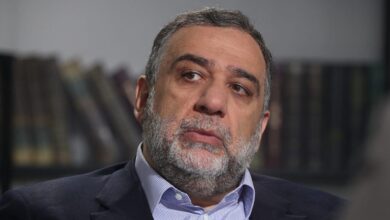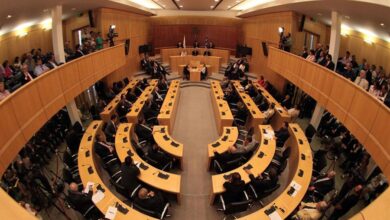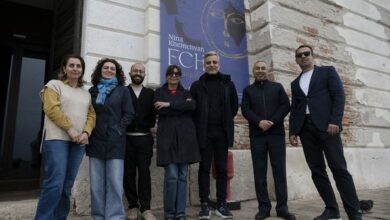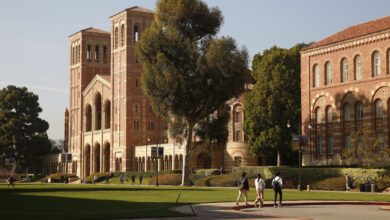Erasmus+ will boost EU’s Eastern Partnership, Education Ministers meet in Yerevan
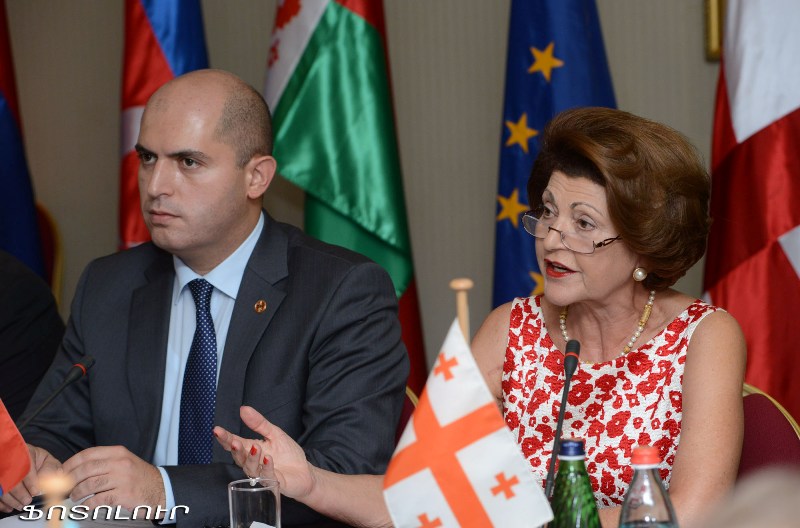
The Ministers of Education of the Eastern Partnership countries met in Yerevan today.
Androulla Vassiliou, Member of the European Commission responsible for Education, Culture, Multilingualism and Youth, thanked Armenian Minister of Education and Science Armen Ashotyan and his colleagues for organizing the event.
“Education, and in particular higher education, has a growing international dimension. The type of dialogue we are having today has become a necessity, since we all share common challenges in a rapidly changing world,” she said
According to her, the EU is determined to do more and is set to launch its new programme for education, training and youth, Erasmus+ next year.
Erasmus+ will replace the Tempus and Erasmus Mundus programmes, and deliver something bigger and better. “Erasmus+ will create more opportunities for our institutions to work together and develop closer contacts between people. We will, for example, for the first time open the intra-EU Erasmus programme and offer exactly the same cooperation mechanisms to universities in your region,” Androulla Vassiliou said.
Erasmus+, the new programme for education and training, youth and sport, will merge seven existing programmes into one.
It will bring about simplification, making the programme’s actions more visible and easier to understand. This will also bring more efficiency and more coherence between the different actions within the EU and in our increasingly important work with the other regions of the world.
Erasmus+ will build on the success of Tempus and Erasmus Mundus, and continue the EU’s support to Eastern Partnership countries provided before 2013. We want in particular to boost mobility between our regions, and support partnerships between higher education institutions which will help to strengthen their capacity.
Erasmus+ will have a strong international component, aiming to attract the brightest global talent to Europe. It will provide funding for more outgoing mobility, international partnerships and joint research projects, as well as for capacity building and staff development in partner countries throughout the world.
More higher education institutions will be able to take part in the programme, since participation will not be restricted to a small number of organizations participating in a call for tender. Institutions will enjoy more flexibility when it comes to finding partners, provided they have signed an inter-institutional agreement.
Erasmus+ will mean that neighbouring countries continue to benefit from degree mobility through the award of high-level scholarships to participate in joint Master programmes.
“The EU’s negotiations on the budget for the international component of Erasmus+ have not yet finished. But I am confident that my proposals to further invest in education and research and boost support to our neighbouring countries will prevail. My message has been clear from the very beginning: investment in education is an investment in our future prosperity,” Androulla Vassiliou concluded.



